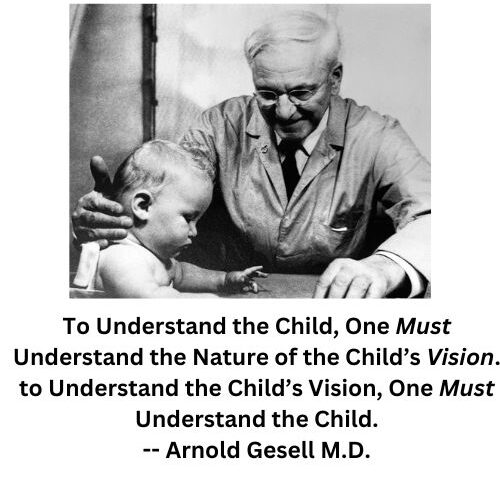
Functional Vision Assessment: The First Step Toward Effective Treatment
Our vision care program starts with a thorough Functional Vision Assessment to evaluate how your visual system is functioning. Understanding how you use your vision in everyday life, along with any related symptoms, allows us to create a personalized treatment plan tailored to your specific needs.
This assessment provides valuable insights that help us and you connect the dots, ensuring that we address the root cause of any vision challenges. With this information, we can work together to develop a clear path forward for your vision health.
What to Expect at the Functional Vision Assessment
The Functional Vision Assessment will last approximately 3 hours. During the assessment, we will provide breaks as needed to ensure your comfort.
For pediatric patients, please ensure that your child is well-rested before the appointment. It’s also helpful to bring healthy snacks and water to keep energy levels up throughout the session.
Our Comprehensive Test Battery Includes (but is not limited to):
- Review of Intake History Form: Please complete and bring the forms we sent you before the appointment. We will discuss any concerns you’ve identified.
- Review all reports from other care teams if available
- Functional Vision Field Test & Analysis: To evaluate functional peripheral vision.
- Posture & Spatial Processing Tests: To understand how posture and spatial awareness relate to visual function.
- Keystone Binocular Skills Test: To assess binocular vision and eye coordination.
- Form Copy Test & Wold Sentence Copy Test: (specially for pediatric patients) For assessing visual processing abilities and penmanship .
- Developmental Eye Movement Test: Specifically for pediatric patients. to evaluate fine saccadic eye movement skills and automaticity
- Visual Motor Integration (VMI) Test Battery: To evaluate coordination between visual perception and motor skills.
- Randot Stereo Test: To measure depth perception.
- Cover Test (at near and far distances): To check for any misalignment in the eyes.
- Eye Movement Evaluation: Includes testing for fixation, gross pursuits, and gross saccadic movements.
- Near Point of Convergence (NPC): To assess how well the eyes can coordinate together on nearby objects.
- Accommodative Function Tests: Monocular and binocular testing to assess the eyes’ ability to focus.
- Worth 4 Dot Test: For evaluating flat fusion and binocular vision.
- 21-Point Optometric Analytical Examination: Includes both objective and subjective refraction to help prescribe therapeutic glasses if needed.
After the test, Dr. Wang will meet with you (or the parents) to review the assessment findings, explain the vision process, and discuss the available treatment options. Our goal is to empower our patients and parents with the information needed to make an informed decision about your next steps
